This week is Zero Waste Week and the focus has been on sharing our stories; from disasters, to challenges, to where our zero waste journey first began. So this seems like a good time to share my own zero waste story…
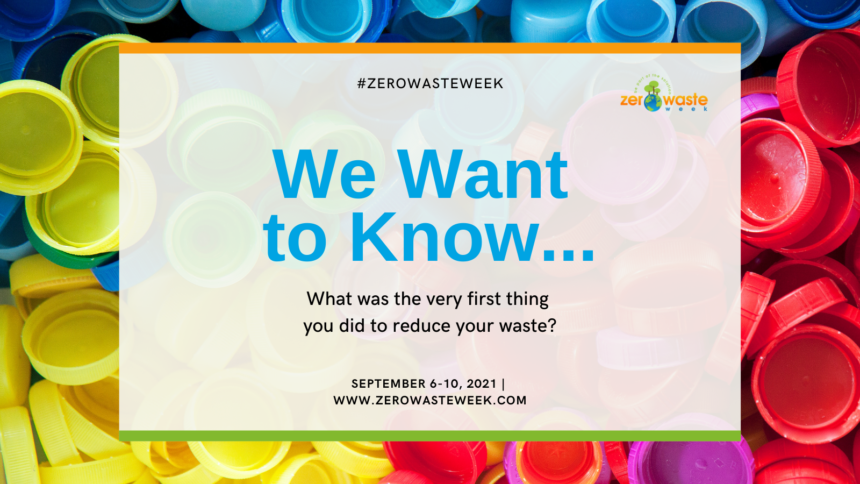
The Start of My Zero Waste Journey
I am the first to admit, I haven’t always been eco minded. I cringe at some of my actions as a young adult; single use plastics, fast fashion, usually buying new, generally drawn in by consumer culture, ignorance about recycling… the list goes on and on. Thankfully times have changed and I am far more aware now, of course.
On reflection, my dad was always quite environmentally conscious. As a child, I grew up in a household that frequently shopped secondhand, reused and upcycled items, and tried to avoid too much plastic. He even built his own conservatory from reclaimed materials! His actions should have opened my eyes to sustainable living from a young age, but sadly, somehow, it did not quite sink in. Or at least not until I was much older.

My journey to becoming more eco-minded and consciously reducing waste has happened slowly, one small step at a time. This is often the case; change comes about by growing awareness and developing a shift in mindset. Alot of my personal awareness came about through social media; reading inspiring stories and campaigns.

One of my first actions was simply to stop using plastic straws. Whilst this small action won’t change the world, every little thing does help – and it also helps that shift in mindset too.
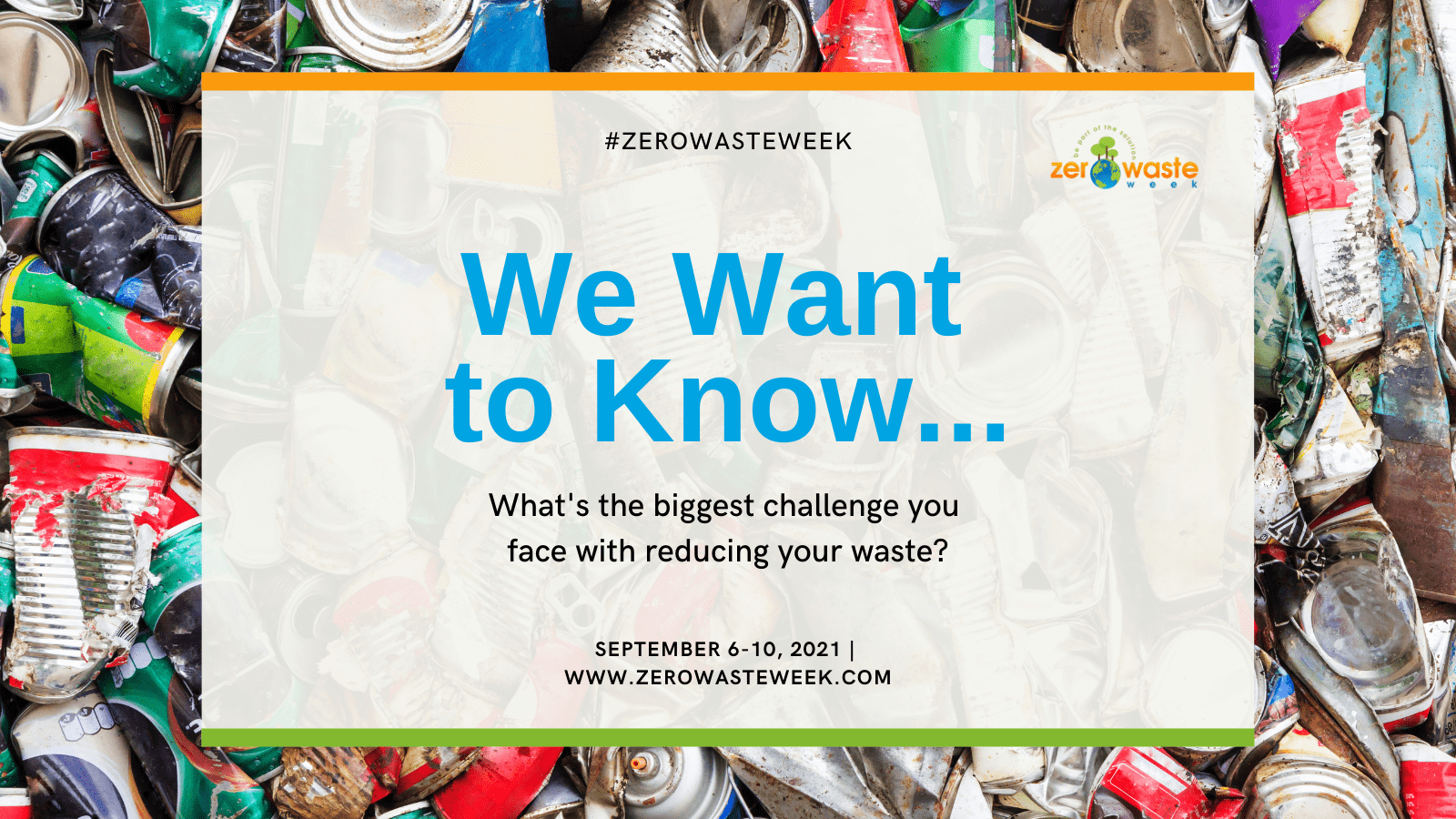
Challenges With A Zero Waste Lifestyle
As a neurodivergent family, I find our biggest challenges are based around our individual needs and personal struggles. Sensory issues are a huge barrier in our zero waste journey in many ways. For example, stores can be overwhelming and cause sensory overload; this therefore leads us to order online, reducing our choices and creating more packaging.
Another example is that food brands taste very different to us, so refill stores aren’t always an option, and my daughter especially has a very specific range of foods she will eat. We try to find solutions for these issues but they often prove to be unsustainable for us personally, which can be frustrating and disheartening.

However, as my lovely partner Aaron quite rightly points out, everyone can do something, even if sometimes we can only play a small part, and the focus should be on what we can do, rather than what we can’t. One example; our ideal would be to buy less food packets. This isn’t possible right now, but we can at least take them to terracycle recycling. It isn’t a solution to zero waste, we know this, but it is better than landfill at least.
If an idea doesn’t work for us, or not for long, that’s ok – we can come back to it when we feel able to, or come up with a new idea, or try to help reduce our waste in a different way. The point is, we are in the zero waste mindset and we keep trying to make a difference. That’s what counts.
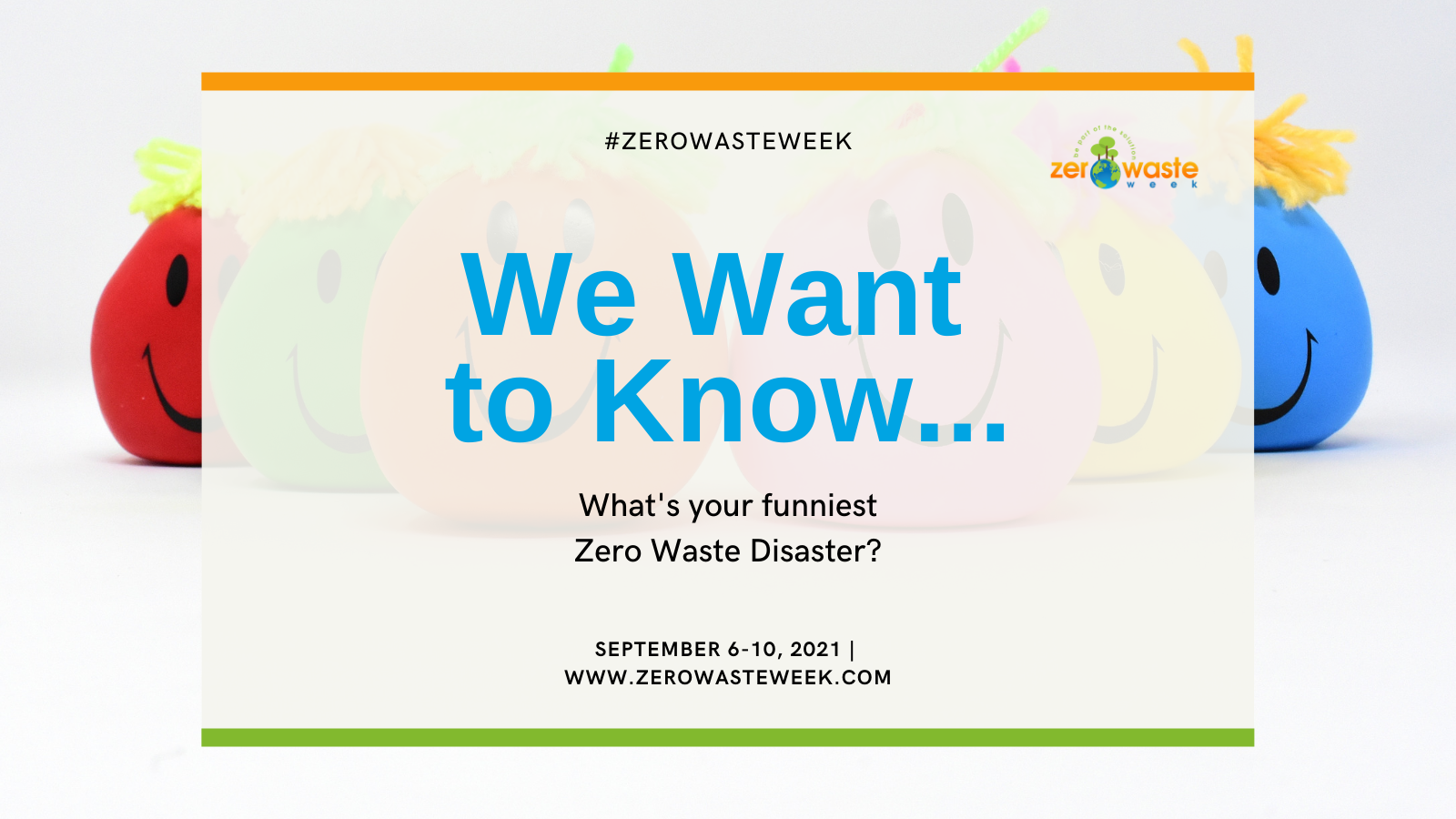
Zero Waste Disasters
It wasn’t funny at the time, I could have cried, but my biggest zero waste disaster was during Zero Waste week a few years when I ordered from a different local fruit and veg delivery – everything arrived in plastic! Argh!
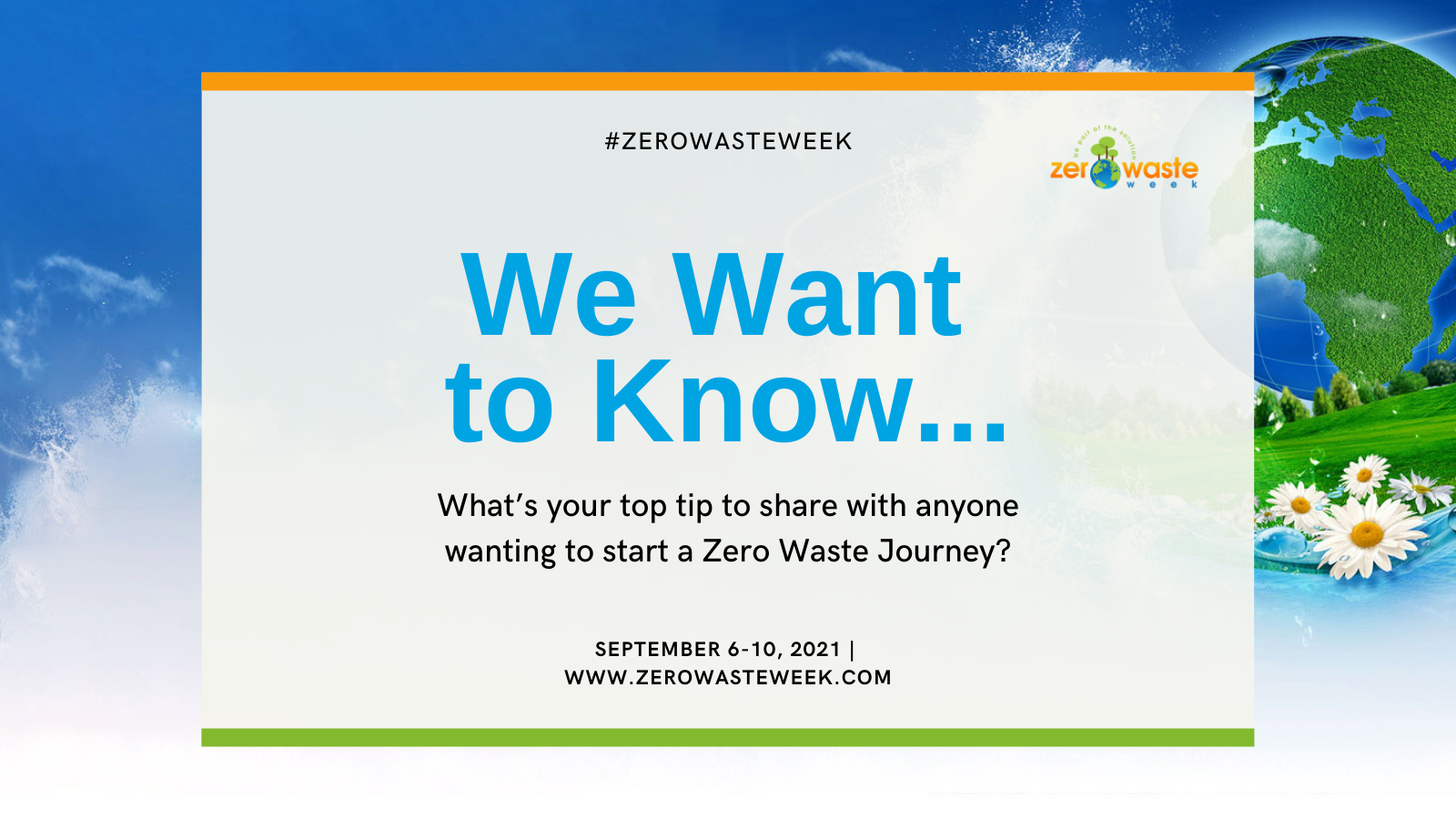
Zero Waste Tips
Our zero waste heroes and ambassadors have shared some great tips below:




My top tip would be to go easy on yourself and take it one step at a time – every action makes a difference – however small.
You can read more tips on the Zero Waste Week website

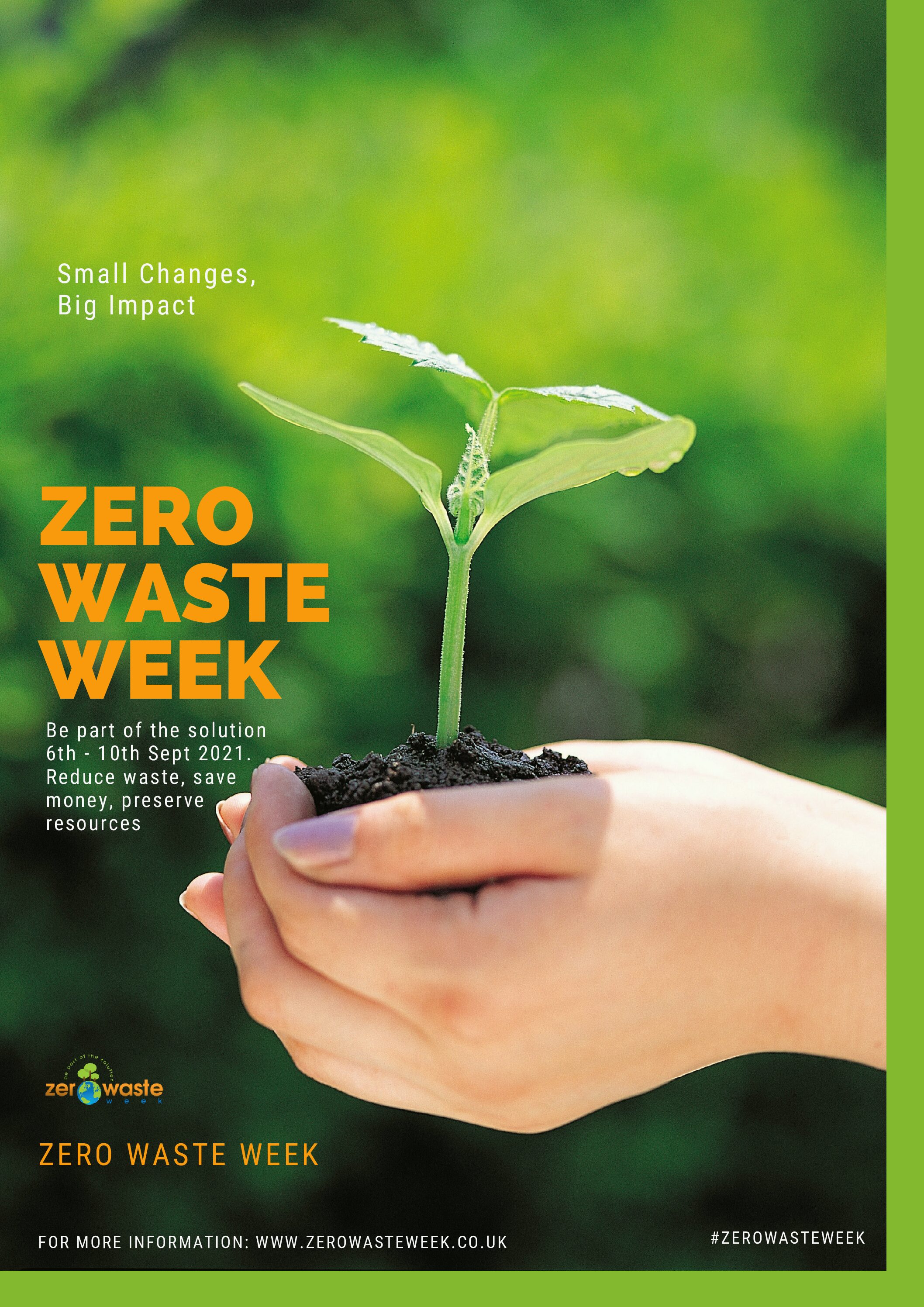
Good tips and interesting read!
I was the same when I was younger, one of the main things I do more is to get as much use out of clothes as possible and if they are still in good condition I will give them to charity and if not I use the fabric for rags or to use in arts and crafts